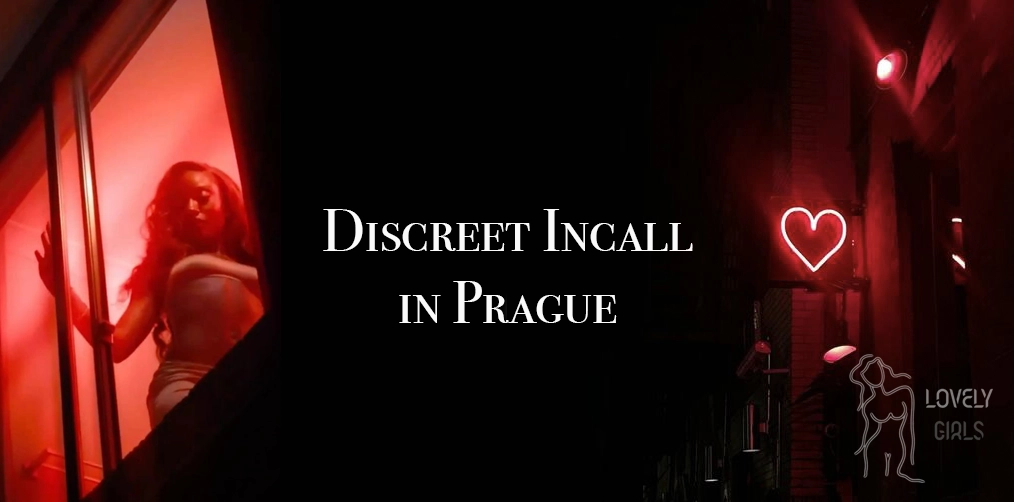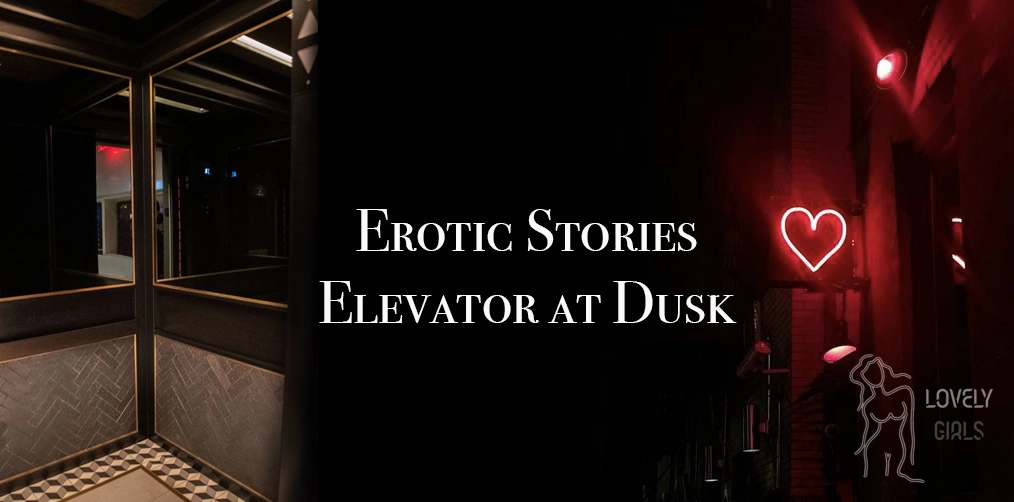By clicking on the "I agree" button, you acknowledge your full and unconditional consent to the following conditions:
- l am an adult 18 years of age or older if required by the laws of the state in which I am located.
- I am aware that I am accessing sites containing sexually explicit material.
- By my behavior, I will not allow anyone ineligible or underage to access the data contained herein.
- My interest in all information contained herein is purely private and is for my own use only.
- I acknowledge that all image and text materials are protected by copyright law.
I agree and confirm the above.

Discreet Incall Prague: How It Works
Incall is for anyone who wants privacy, a calm start and simple logistics. The companion hosts; you arrive to a tidy, discreet space with a clear flow. Begin by checking Todays shifts, then take a quiet look at browse companions - profiles often hint at pace and vibe.
What “incall” actually means
Incall = you meet at the companion’s discreet location. The exact address and arrival instructions are shared after your time and duration are confirmed - a standard privacy measure. New to choosing? This primer helps: How to Choose an Escort in Prague.
When incall makes the most sense
First time and you want a clear, low-stress structure.
You’d like to avoid transfers (taxi/hotel lobby).
You care more about mood and flow than logistics.
When to consider outcall
You’re already settled at a hotel or dinner and prefer not to move.
You’re visiting Prague and want hotel-room convenience - see Escort in Prague for Tourists.
The booking flow (what to expect)
First note: time, duration, “prefer incall,” + one line about pace (e.g., “slower start”).
Confirmation: you receive the address plus simple arrival tips.
Arrival: a few minutes early; phone on silent.
For tone and boundaries, see Escort Eriquette Prague.
Message templates (also work last-minute)
“Hi, tomorrow 7:30–9:00 pm, 90 minutes, incall. I prefer a calm pace. Thank you.”
“Hi, today 9–10:30 pm, 90 minutes, incall. Is that available? Thanks.”
“Hi, Friday 8–10 pm, 120 minutes, incall. Please confirm.”
Choosing a duration: 60 vs 90 vs 120 minutes
60 min — compact; best when you’re precise with timing.
90 min — the common sweet spot for first meetings (space to settle and exhale).
120 min — unhurried, conversational, possibly with a quiet drink.
See prices & packages for the current structure. If you enjoy a civil, conversational mood, read GFE in Prague : What it really means.
Three simple outlines
60 minutes (compact)0–5 greeting & alignment • 5–50 the date • 50–60 gentle wrap-up.
90 minutes (balanced)0–10 settle & pace • 10–80 flow • 80–90 soft close (+ ask early if you’d like to extend).
120 minutes (slow)0–10 welcome • 10–20 brief tea/window moment • 20–105 flow • 105–120 unwinding.
Getting ready and arriving: what supports the mood
Timing: 7–10 pm is popular; if you’re coming from dinner, leave a 15–30 min buffer.
Look & hygiene: neat outfit, light scent; heavy perfume can dominate a small room.
Privacy: no photos without explicit consent; keep personal data minimal.
Communication: simple yes/no during the date; one clear sentence if you want to change pace.
Practical micro-scenarios
From dinner with a 90-min window: include exact times and “incall” in your first note so logistics align.
Running +15/20 min: send a brief apology and offer two alternatives (“arrive 7:50 or start 8:10?”).
First-timer, a bit nervous: add “prefer a slower start and a minute to settle” — it sets the tone beautifully.
Considering an extension: ask in time (ideally 20–30 minutes before the end); it depends on availability.
Common mistakes (and easy fixes)
Mass-sending identical notes to multiple companions → write a short, targeted message.
Back-to-back planning with no buffer → add 15–30 minutes between activities.
Technical “requirements lists” → in practice, time, duration, “incall” and one line on pace are enough.
Taking photos without consent → always ask first; a “no” is as kind as a “yes.”
Quick etiquette on arrival
A calm hello, brief alignment, phone to silent. If something matters, say it in one sentence and early. Agreement is ongoing rather than a one-time checklist.
Handling delays, changes and extensions
Delays: “Apologies — running about +15 minutes. Would 7:45–9:15 pm work?”
Changes: any change needs a clear yes from both sides; keep messages short.
Extensions: ask early; +30 minutes is the usual step if logistics allow.
Switching to outcall: possible if it makes sense and time is open; confirm via a short note.
Safety & discretion in practice
Address is shared only after confirmation; don’t forward it.
Silent mode on arrival/departure helps keep the hallway quiet.
Minimal data: share only what’s needed for the booking.
Doorway mindset: a steady hello beats over-planning — the rest follows naturally.
After-care and a polite follow-up
A short moment to unwind gives the evening a natural finish. If you want to send a thank-you later, one or two lines are enough: “Thank you — I enjoyed our time. If a similar window works soon, let me know.”
Myths vs reality (quick corrections)
Myth: “Incall is less personal than outcall.”
Reality: Personal is the agreement and pace, not the address.
Myth: “Shorter is safer for first-timers.”
Reality:90 minutes usually feels easier — less clock-watching.
Myth: “Everything must be fixed upfront.”
Reality: A clear start and simple yes/no along the way work better.
One-minute summary
Check who is working today.
Choose a duration in the pricing page.
Send a short note (time, duration, incall, + one line about pace).
Arrive a little early; phone on silent.
Use simple yes/no during the date; ask about extensions in time.




